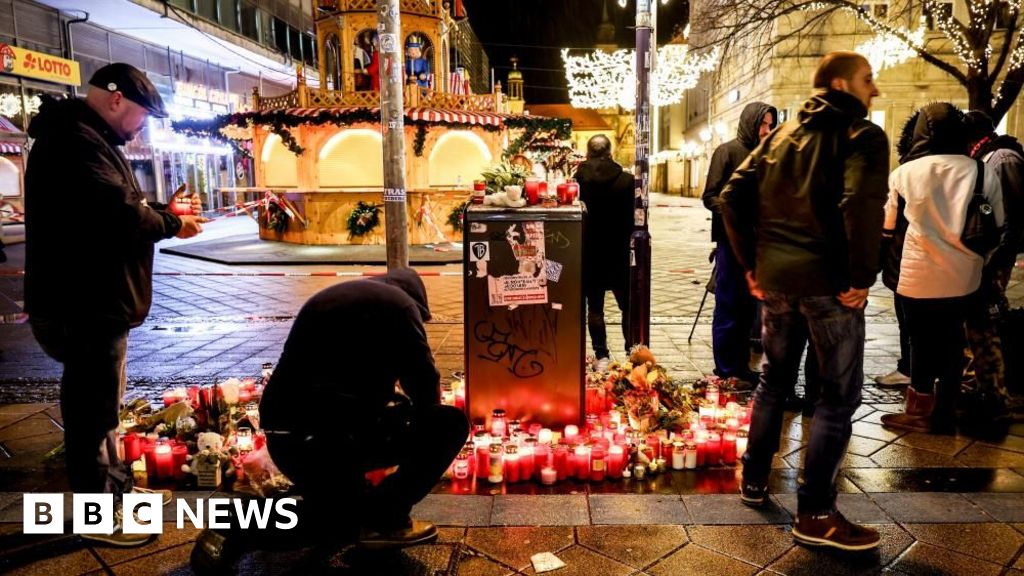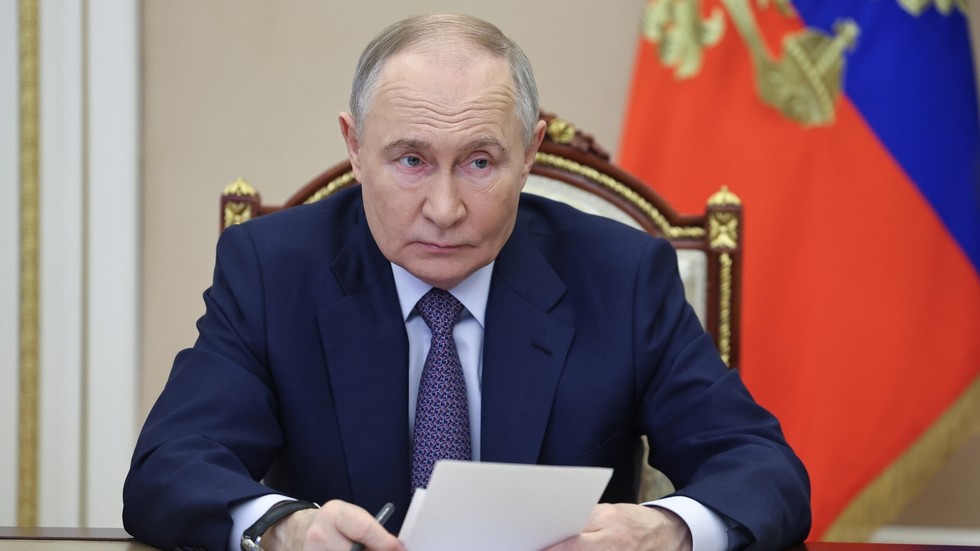VIENNA: The UN nuclear watchdog on Monday called for "
vigilance
" against
trafficking
of nuclear and other
radioactive material
, saying it has recorded more than 4,200 thefts or other incidents over the past 30 years.
Last year, 31 countries reported 168 incidents "in line with historical averages", the International Atomic Energy Agency (IAEA) said. Six of those were "likely related to trafficking or malicious use", it added.
Since 1993, the IAEA has recorded 4,243 incidents, with 350 of them connected or likely to be connected to trafficking or malicious use.
"The reoccurrence of incidents confirms the need for vigilance and continuous improvement of the regulatory oversight to control, secure and properly dispose (of) radioactive material," said Elena Buglova, director of the IAEA's
nuclear security
division.
Most incidents are not connected to trafficking or malicious use, involving for example scrap metal found to be contaminated.
The IAEA noted a decline in incidents involving nuclear material, such as uranium, plutonium and thorium.
But Buglova warned dangerous materials remain vulnerable especially during transport, stressing the "importance of strengthening transport security measures".
- Dirty bombs -
The Vienna-based IAEA released the data as it opens its fourth international conference on nuclear security, which runs until Friday in the Austrian capital.
The previous one was also held in Vienna in 2020.
A total of 145 states currently report to the IAEA about incidents that involve nuclear or other radioactive material lost, stolen, improperly disposed of or otherwise neglected.
Many radioactive substances are used in hospitals, universities and industry worldwide.
As "nuclear power and thus nuclear material will become more prevalent in the coming years", it is going to be crucial that countries that use nuclear power will "secure and safeguard materials and programmes," Pranay Vaddi, the senior White House official for arms control and non-proliferation, told AFP on the sidelines of the conference.
The big worry is that extremists could get hold of the materials and use them in a "dirty bomb" -- a device whereby conventional explosives disperse radioactive materials.
Although the damage and loss of life caused by such a "dirty bomb" would be a fraction of that unleashed by a fission or fusion atom bomb, it could still cause mass panic in an urban area.

 7 months ago
34
7 months ago
34









